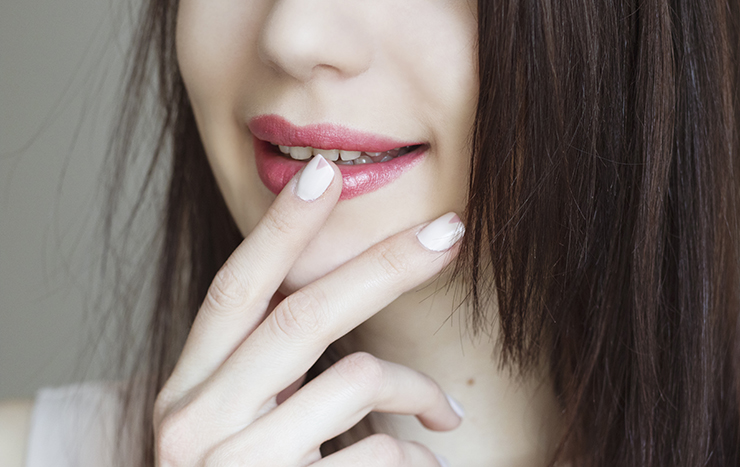
Life is full of mysteries, some solvable (Why is the sky blue?), and some that we may never be able to answer (What is love? Where did I leave my keys?). At noyah, we know we spend more time thinking about our lips than most people do – it’s our job! – but you don’t have to be obsessed with lipstick to ask world-changing questions such as Why do my lips get so dry?
We can’t tell you exactly where to find your keys (We’ll presume you checked between the sofa cushions?), but if you have questions about your lips, the answers are right under your nose! Well, actually, your lips are right under your nose…but the answers are right under this sentence. Read on!
Layerz
Before we get into specifics, let’s discuss the architecture of the skin on your lips versus your “regular” skin. All of your skin is comprised of three main layers: the epidermis (top layer), the dermis (middle layer), and the hypodermis (lower layer). To better understand why the skin on our lips is unique, we’ll be focusing on aspects of the top two layers, the epidermis and the dermis.
The dermis is home to blood vessels and nerve fibers, including ones that extend from the dermis up towards the surface of the skin, called dermal papillae. In your lips, dermal papillae extend particularly far up, so they’re closer to the skin’s surface than they are elsewhere on your body – and they have a much thinner protective barrier. This protective barrier, called the stratum corneum, is the outermost part of the epidermis (the part that you see). The stratum corneum can be up to 16 layers thick everywhere but your lips, where it has only 3-5 layers. Many of the differences we perceive on our lips are a result of their thin stratum corneum.
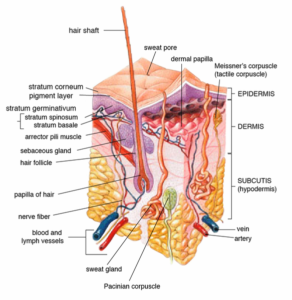
Why are lips so sensitive?
Lips have more in common with your hands than you might think; both of these body parts have high concentrations of touch receptor cells, or “sensory neurons,” that send information to your brain each time you touch something. (When you consider that babies receive much of their information by touching things with their hands and mouths, the increased number of sensory neurons in these areas makes sense.) The more sensory neurons there are in a bodypart, the more signals the brain receives when that bodypart touches something. The result is increased sensitivity in areas where these touch receptor cells are more plentiful, and less sensitivity elsewhere, like in your elbows and calves.
If they both have so many sensory neurons, why are your lips more sensitive than your hands? You’ll recall from above that the stratum corneum is much thinner on your lips than on your hands. Therefore, touch receptors on your lips are closer to the skin’s surface, while touch receptors on your hands have a thicker protective barrier. Lips’ sensitivity is further increased by their long dermal papillae, which, combined with a thin protective barrier, makes lips particularly sensitive.
Why are lips so soft?
By now you can probably guess that the reason your lips are softer than the rest of your skin is, again, the result of a thin stratum corneum. Think of the stratum corneum as a form of armor. Basically, there’s far less “armor” on your lips than on most other areas of the body, so lips are softer and more vulnerable.
Why are lips a different color?
Even without makeup, lips are a different color than the surrounding skin. This is because the red blood cell-containing dermal papillae in your lips extend particularly close to the skin’s surface, and they’re less covered up because of lips’ thin stratum corneum. Another reason red blood vessels are so visible in the lip area is because lips don’t have melanin (the pigment that gives skin and hair its color) to mask the color of the blood cells underneath.
Why do lips get so dry?
Can you imagine if the skin on the rest of your body got dry and “chapped” as often as the skin on your lips?! Now, can you imagine why this (thankfully) doesn’t happen? Most of your skin is equipped with sweat and oil glands which regulate hydration and moisture. Unlike the rest of your skin, lips don’t have any such sebaceous glands, so they rely on sources of moisture like your favorite lip balm. The lack of sebaceous glands coupled with a thin protective barrier means lips are especially vulnerable to the elements, with no built-in way to combat the subsequent dryness (unless you’re counting saliva, and we aren’t).
We may not have all of life’s answers, but we hope this post helped you understand a little more about why your lips are the way they are. Anything else you’re dying to know? Shoot us an email at [email protected] or reach out to @noyahcosmetics to let us know what else you’re wondering, and we’ll do our best to get to the bottom of your question! (Hint: our success rate is much, MUCH higher when it comes to beauty related inquiries
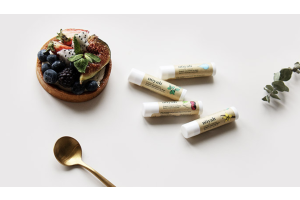
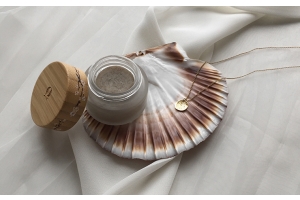
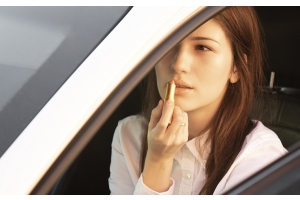


Validate your login
Create New Account